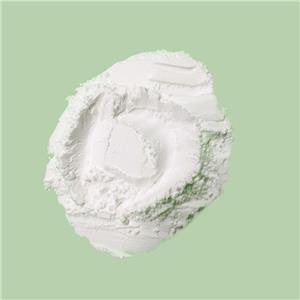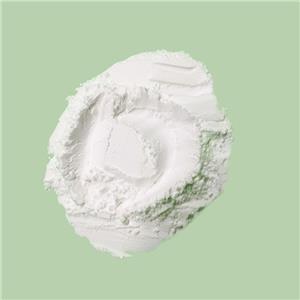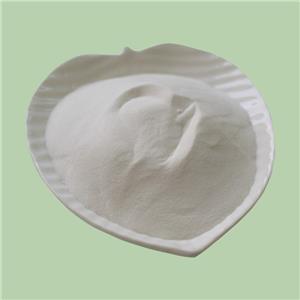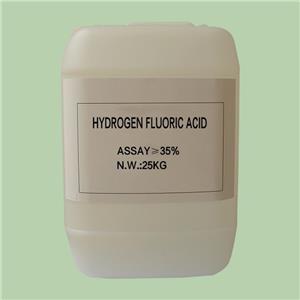The Application of Zinc Fluoride in the Rubber Industry
The rubber industry relies on various additives to enhance the performance of rubber products, and one such crucial component is zinc fluoride (ZnF2).The application of zinc fluoride in rubber processing significantly enhances the efficiency of the vulcanization process, leading to improved rubber properties and increased performance in various applications.
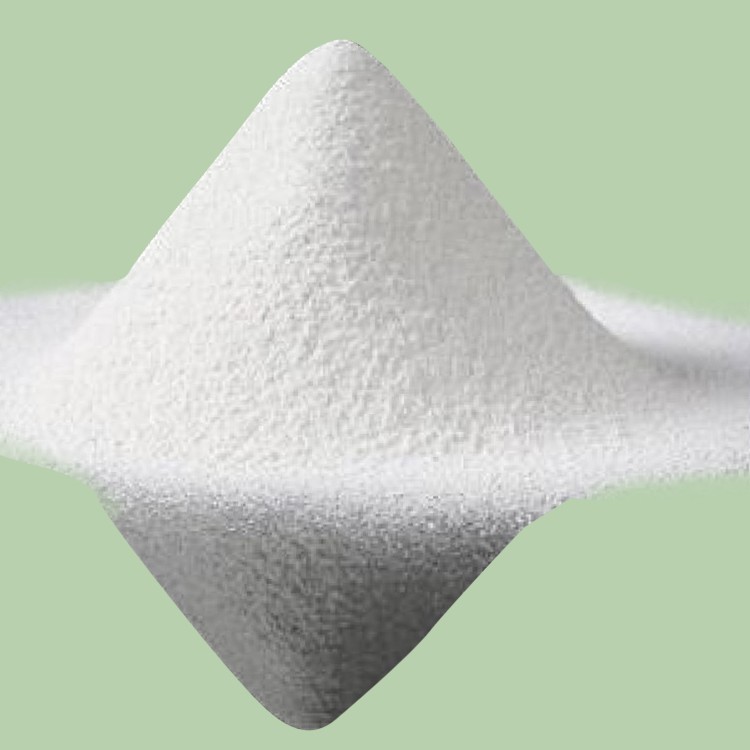
Zinc Fluoride as a Vulcanization Accelerator:
1、Catalyzing Vulcanization Reactions:
Zinc fluoride acts as a catalyst in the vulcanization process, expediting the cross-linking reactions between sulfur atoms and rubber molecules. This catalytic action is pivotal for the formation of sulfur bridges, which reinforce the rubber structure and enhance its overall strength and resilience.
2、Enhancing Vulcanization Efficiency:
The addition of zinc fluoride improves the efficiency of the vulcanization reaction, accelerating the bonding of sulfur with rubber molecules. This not only reduces vulcanization time but also enhances production efficiency, a critical factor in large-scale rubber manufacturing.
3、Improving Cross-Linking Networks:
Zinc fluoride contributes to the formation of uniform and stable cross-linking networks within the rubber matrix. This results in an improved wear resistance, tensile strength, and elasticity of the rubber, making it suitable for a wide range of applications.
Zinc Fluoride in Rubber Chemistry:
1、Reaction Kinetics:
Zinc fluoride alters the reaction kinetics during vulcanization, influencing the rate at which sulfur reacts with rubber. This control over the reaction kinetics is essential for achieving the desired balance of properties in the final rubber product.
2、Thermal Stability:
The thermal stability of zinc fluoride ensures that it remains active throughout the vulcanization process, providing a consistent and reliable catalytic effect. This stability is crucial for maintaining product quality in various rubber formulations.
Practical Applications:
A、Tire Manufacturing:
In tire production, zinc fluoride is widely used to accelerate the vulcanization process, resulting in tires with improved durability, tread wear resistance, and overall performance.

B、Industrial Rubber Goods:
Various industrial rubber products, such as conveyor belts and seals, benefit from the enhanced properties imparted by zinc fluoride. The accelerated vulcanization ensures that these products meet stringent quality and performance standards.
Zinc fluoride stands as a linchpin in the rubber industry, facilitating the vulcanization process and enhancing the properties of rubber materials. Its catalytic role in forming robust cross-linking networks contributes to the production of high-quality rubber products, making it an indispensable component in the diverse applications of rubber in our daily lives. Understanding the science behind zinc fluoride's involvement in rubber manufacturing sheds light on the innovation and advancements driving the rubber industry forward.
- Fluoride Salt
- Ammonium Fluoride
- Sodium Fluoride
- Potassium Fluoride
- Sodium Hydrogenfluoride
- Potassium Bifluoride
- Magnesium Fluoride
- Aluminium Fluoride
- Barium Fluoride
- Lithium Fluoride
- Strontium Fluoride
- Nickel Fluoride
- Zinc Fluoride

